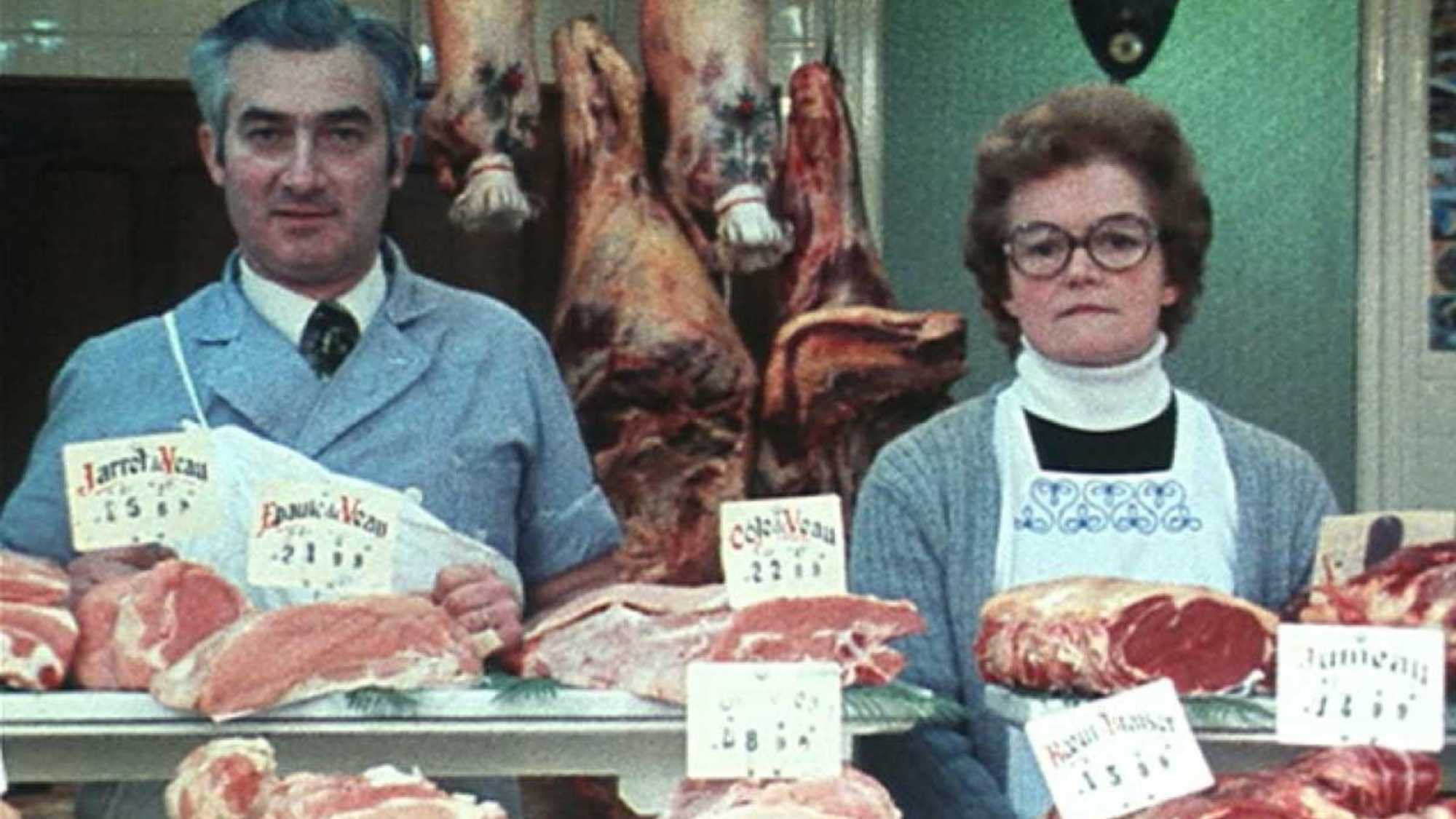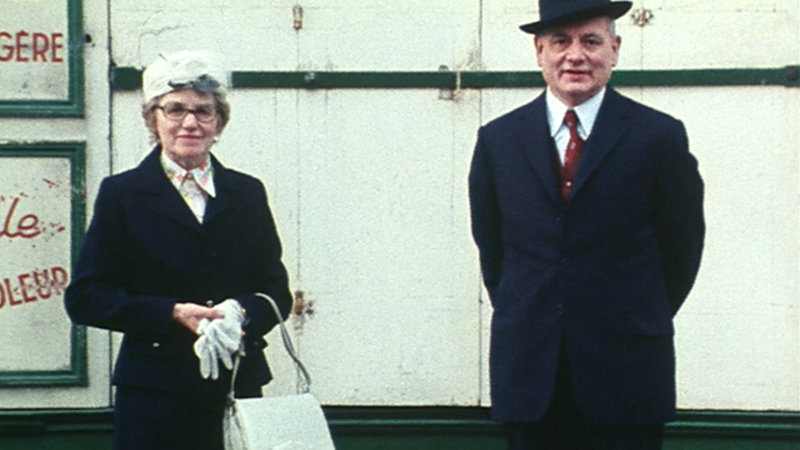Bakers, grocers, butchers and other local characters pose for this lovely documentary portrait of the residents of a humble street in Paris which Agnès Varda called home for over 25 years.

%20cin%C3%A9%20Tamaris%20LOWRES-800-800-450-450-crop-fill.jpg?k=af951eafc0)
%20cin%C3%A9%20Tamaris%20LOWRES-800-800-450-450-crop-fill.jpg?k=765e003570)
%20cin%C3%A9%20Tamaris%20LOWRES-800-800-450-450-crop-fill.jpg?k=0f2b628eb5)

“Varda’s affable, curious portrait of her neighbors and acquaintances on Rue Daguerre… is at once one of her warmest, most quietly affecting movies.”
Daguerréotypes 1976
“One of the great modern documentaries, Agnès Varda’s 1976 portrait of shopkeepers on the street where she lives – Rue Daguerre, in Paris – established a new genre, affectionate anthropology. Starting with the quirky pharmacy where her teenage daughter, Rosalie, buys homemade perfumes, Varda peeps in on the rounds of commerce that keep the street vital. In the process, she exalts the sights and sounds, the very savor of daily life – the crust of fresh-baked baguettes, the alkaline allure of fresh-cut steaks, the sumptuousness of hand-stitched fabrics. She also sees what makes the street run: money… and the migration from the countryside to the city in pursuit of it. Observing traditional crafts and trades with loving fascination, Varda empathetically evokes their paradoxes – the depth of practical knowledge, the lack of variety in experience. These small-business owners (mainly long-married couples) may have no bosses, but they’re tethered like serfs to their shops; even their dreams are colonized by the crush of daily details. Meanwhile, scenes of a local magician at work in a café hint at the origins of Varda’s own enticing craft.” — Richard Brody, New Yorker
“[An] 80-minute marvel, Daguerréotypes… is part reportage and part existential reflection, and Varda’s delicate assemblage of artistic methodologies – poetry, portrait photography, painting, illusionism, documentary filmmaking – serve to create not just a devastatingly elegiac social portrait but also an open meditation on the nature and value of Agnès Varda’s art. Even in the context of a body of work that more or less exemplifies the concept of personal cinema, Daguerréotypes is as close to a self-portrait as you can get without being one.” — Julien Allen, Reverse Shot